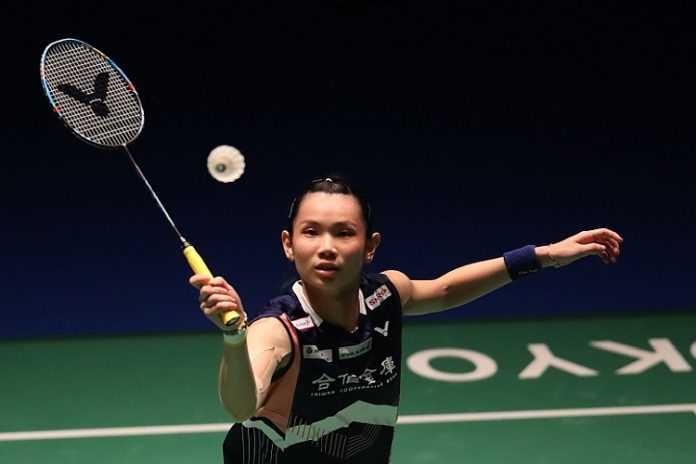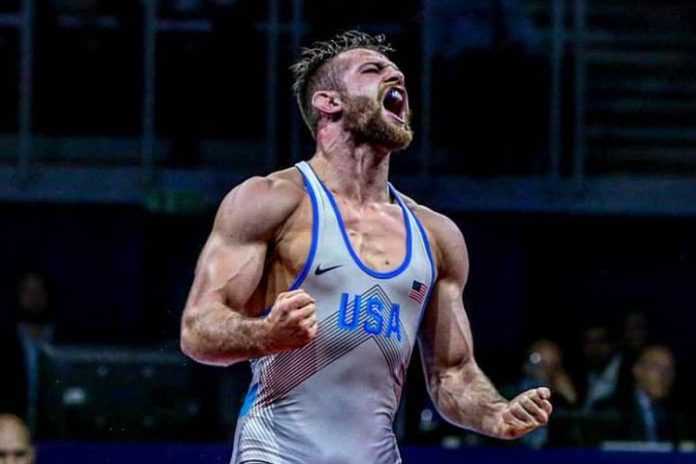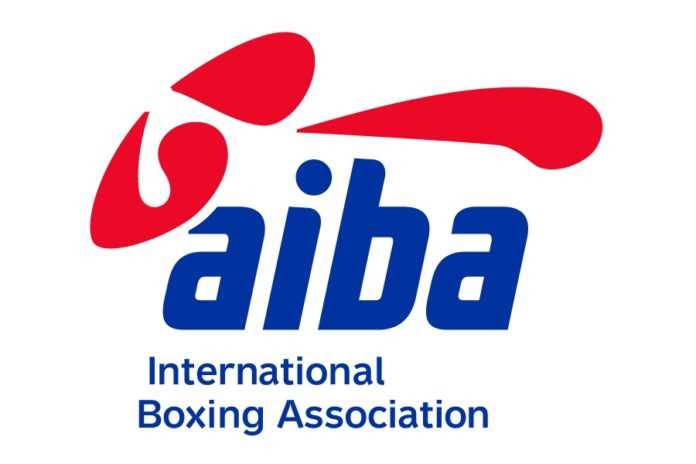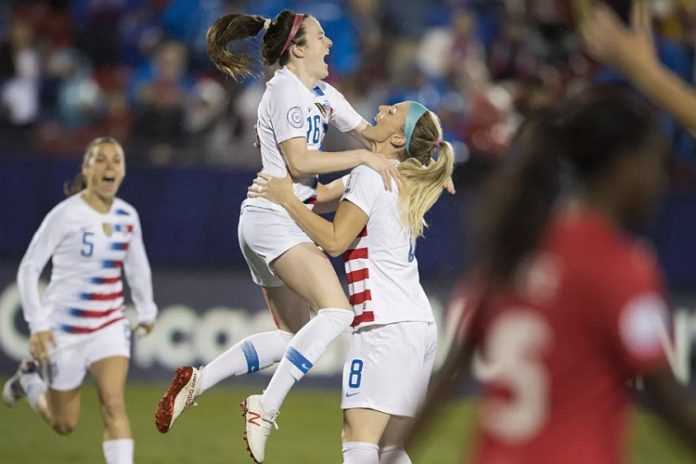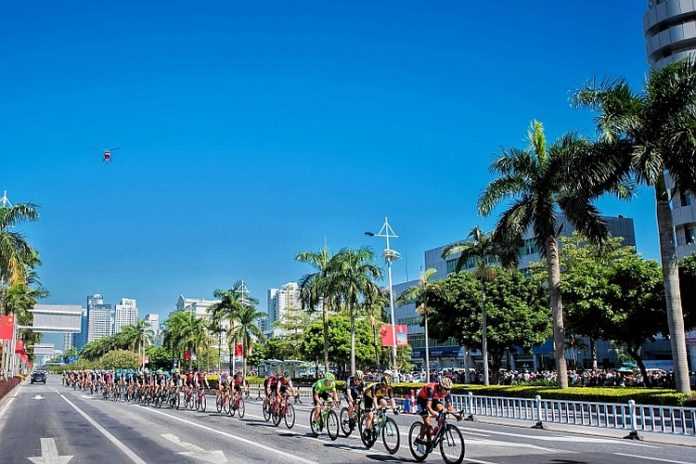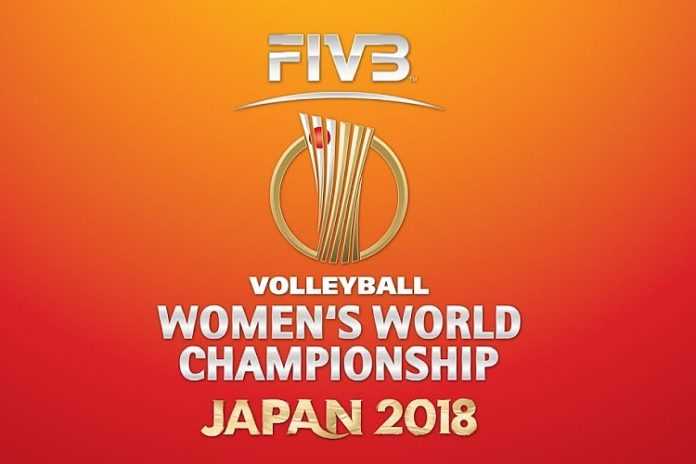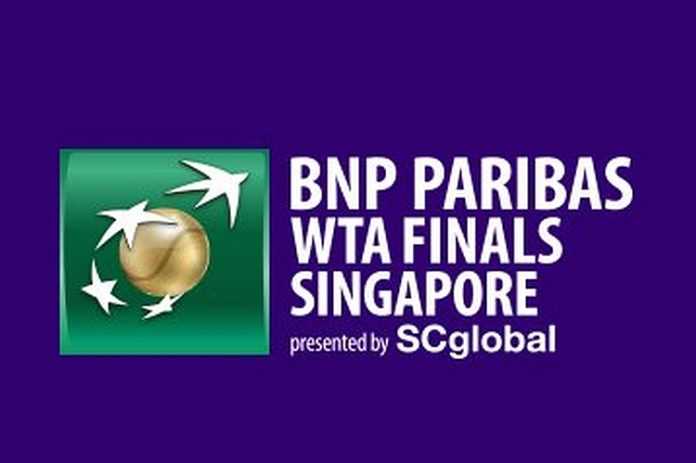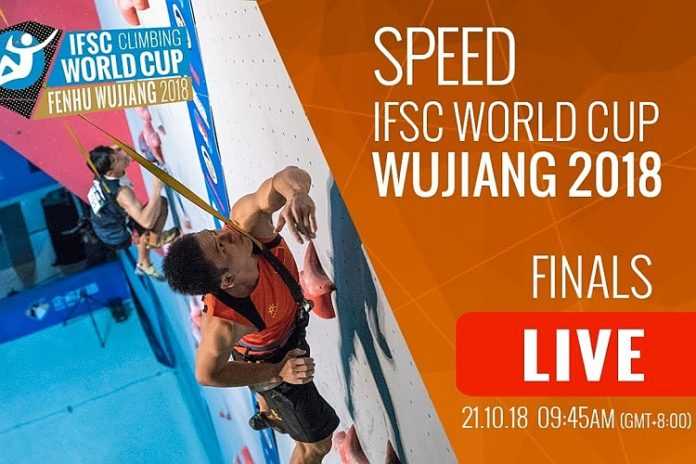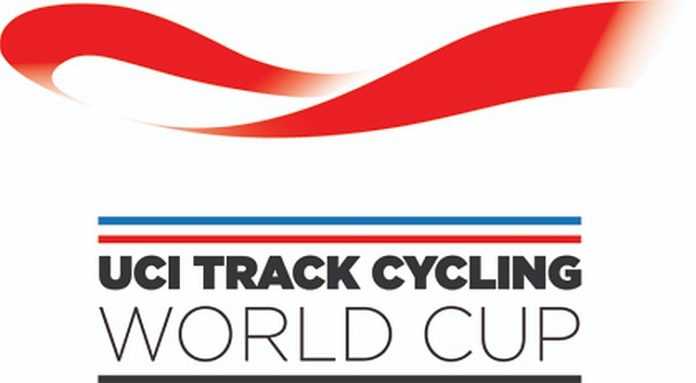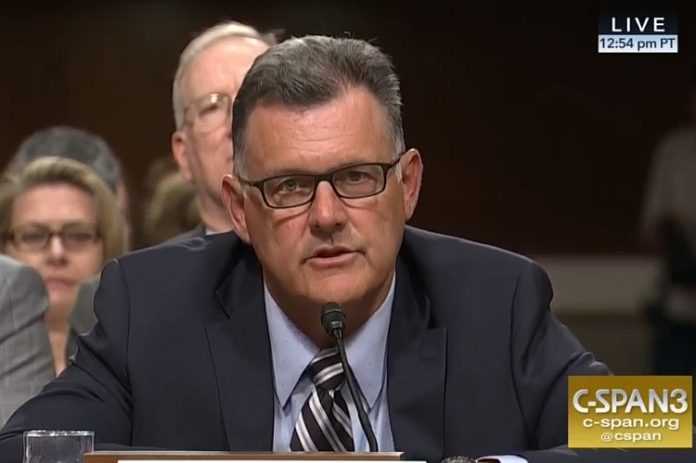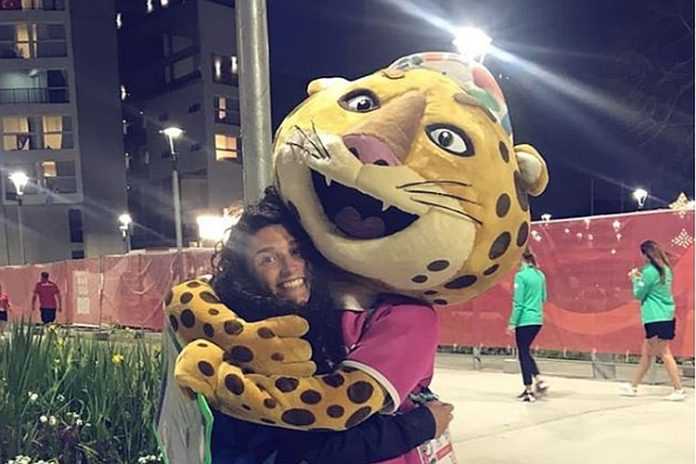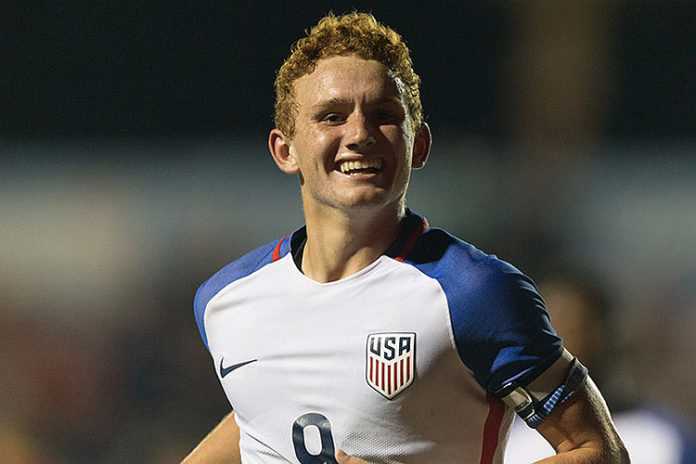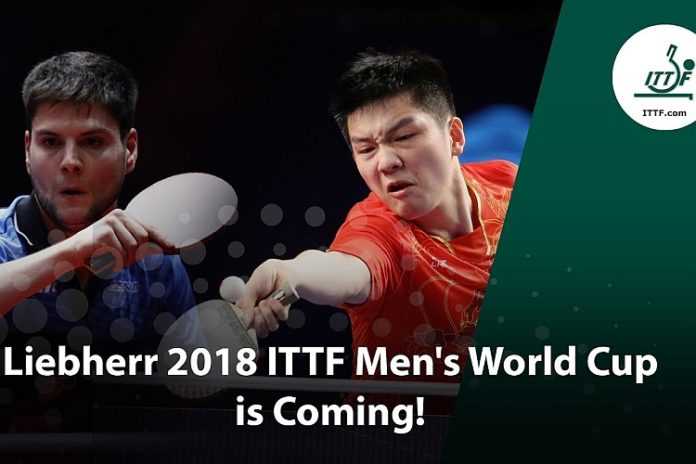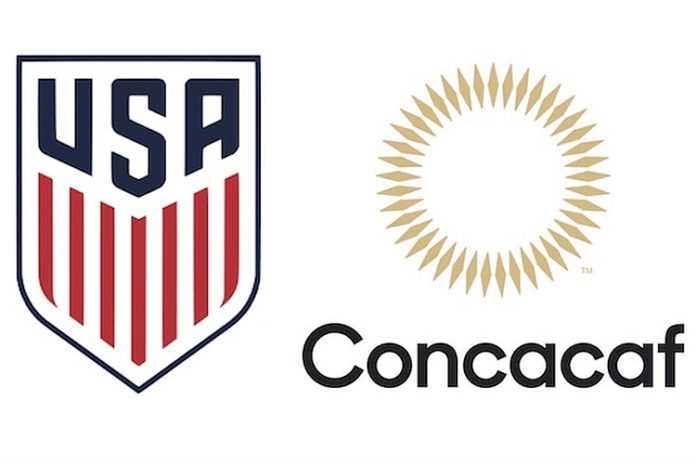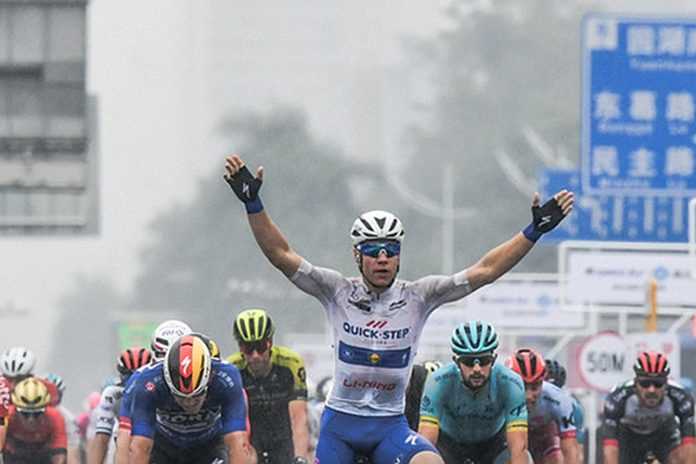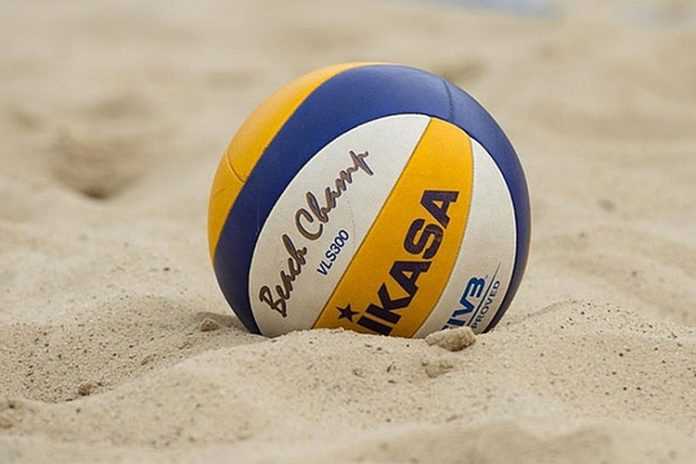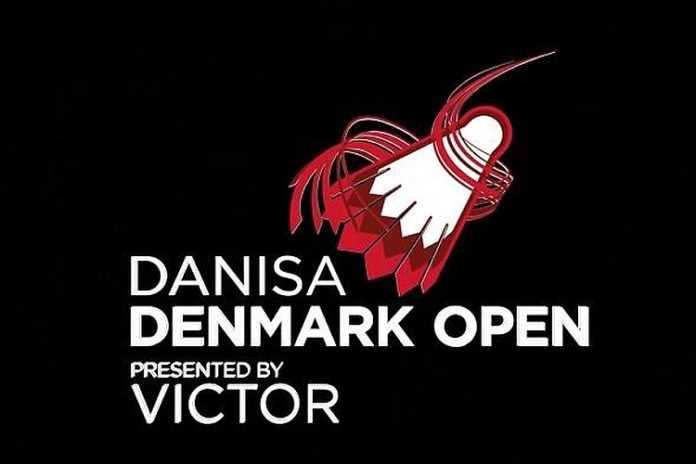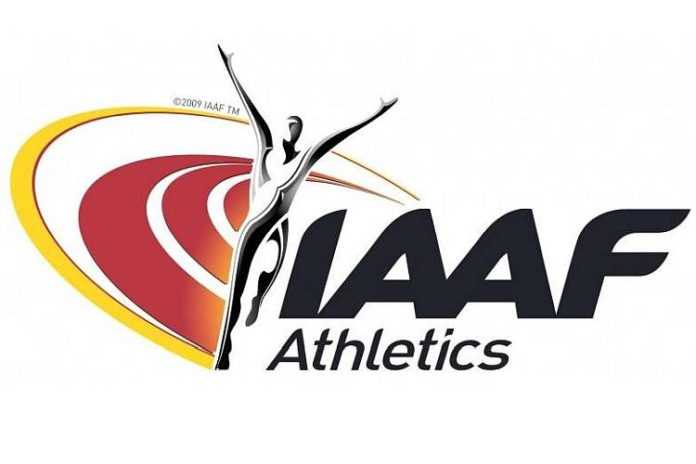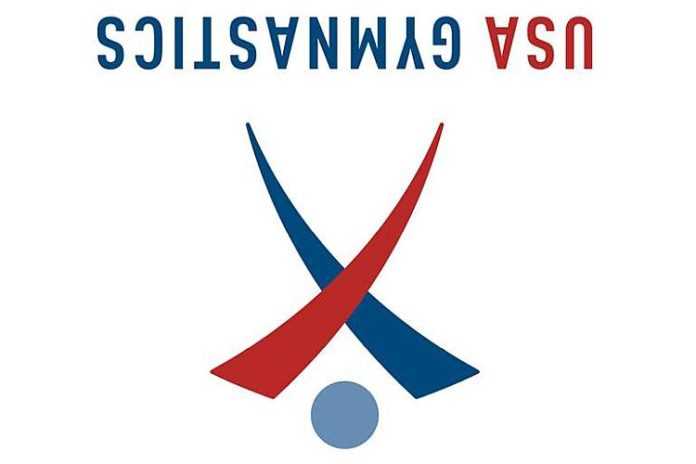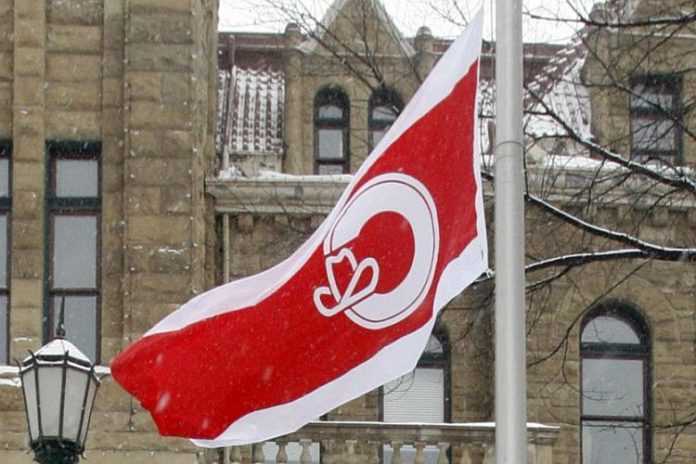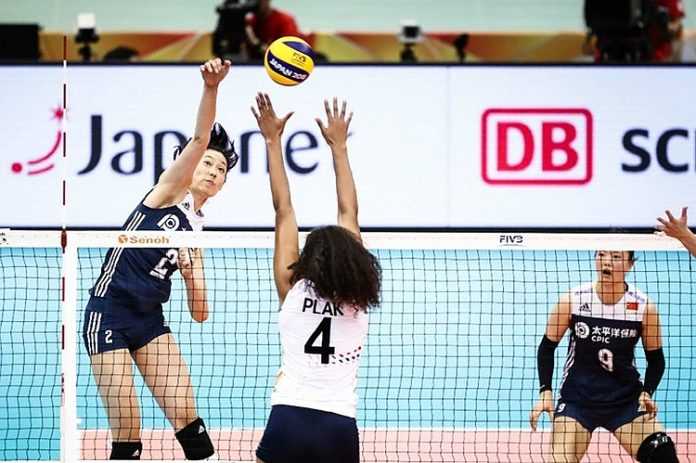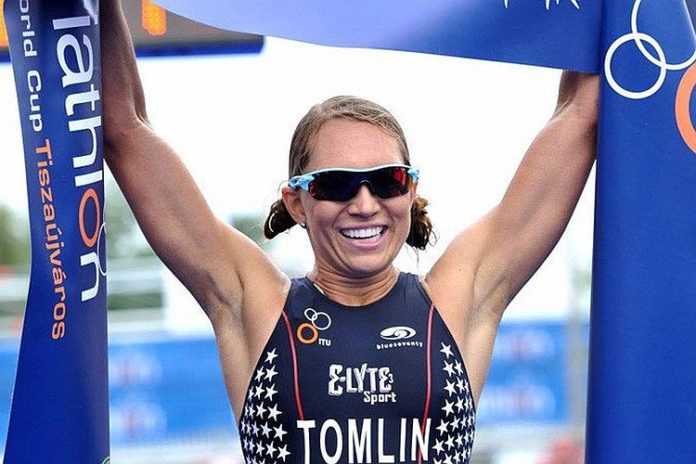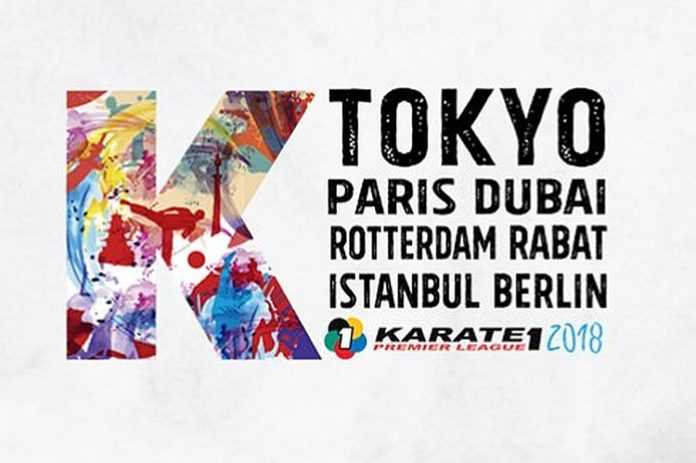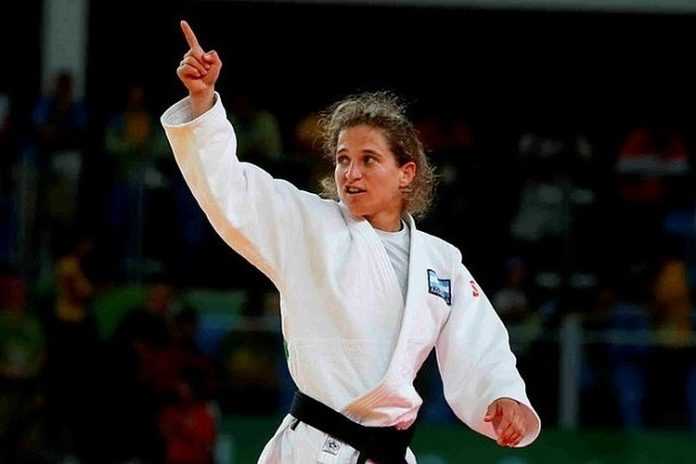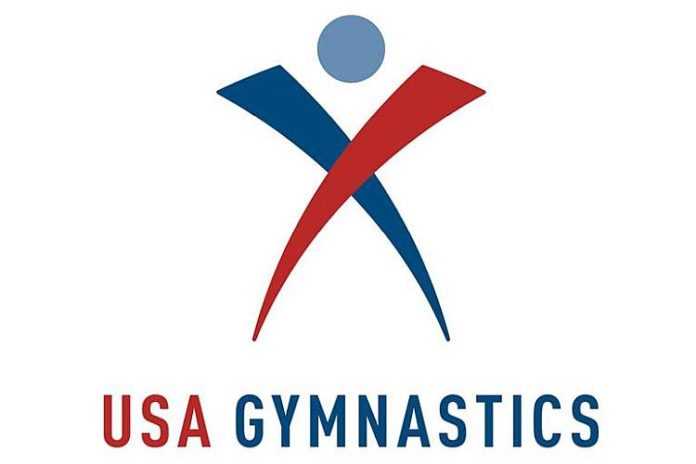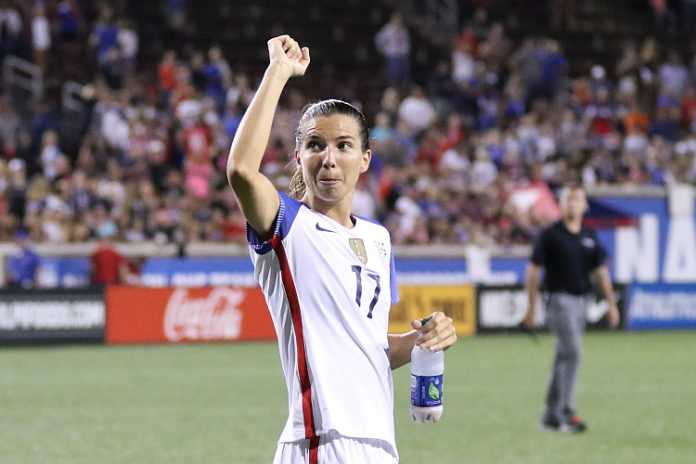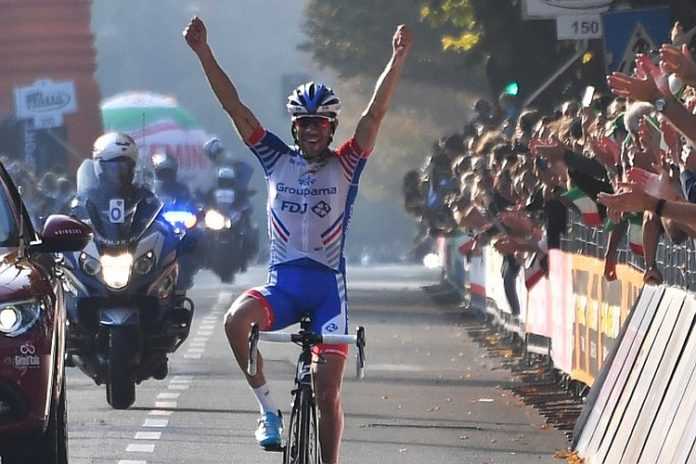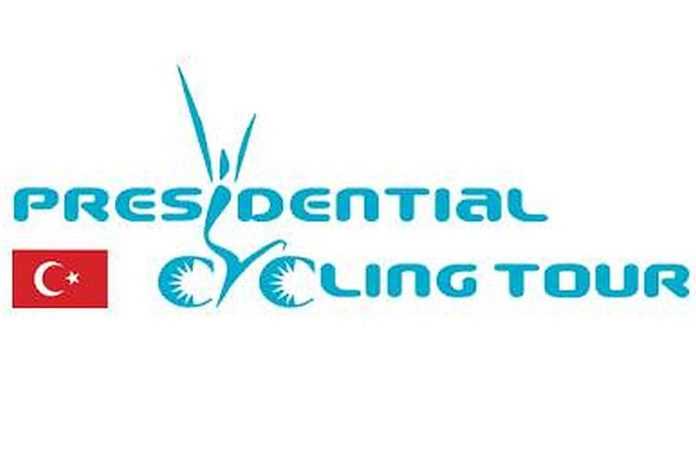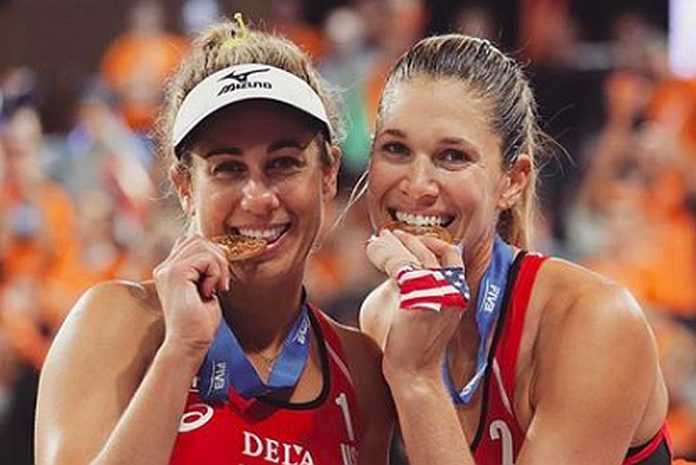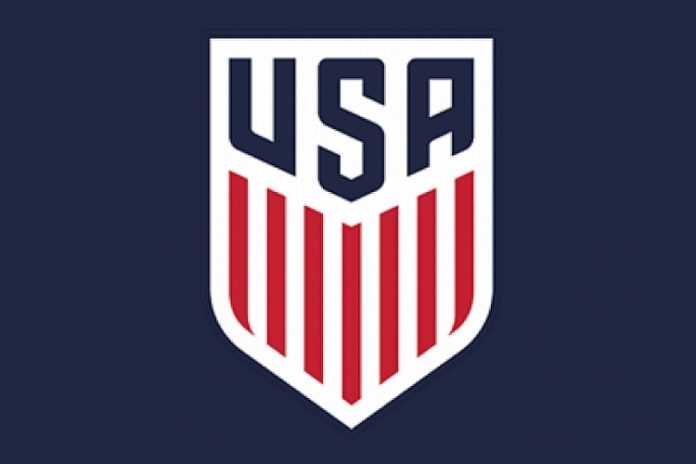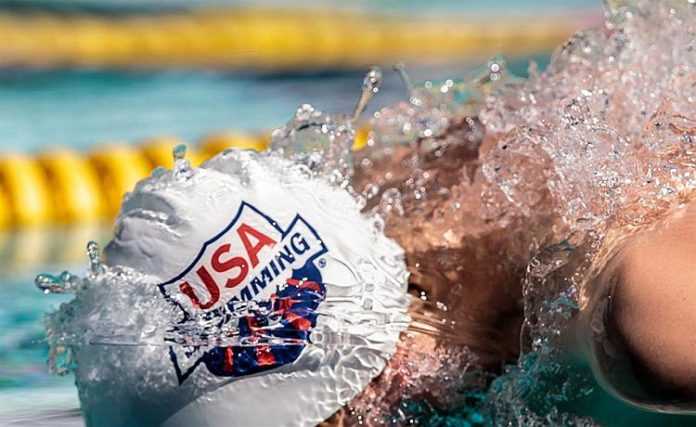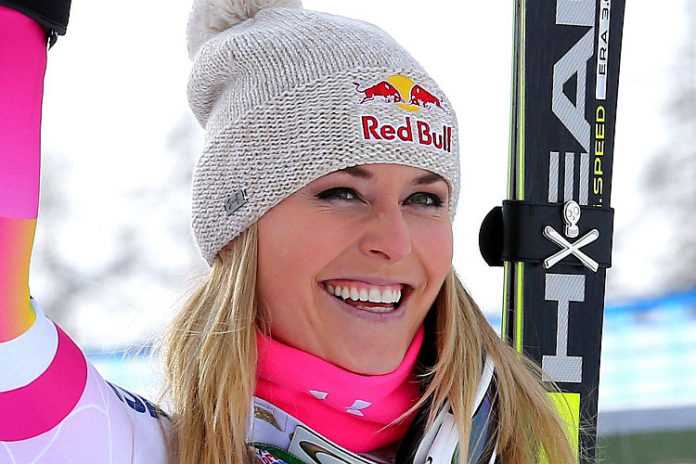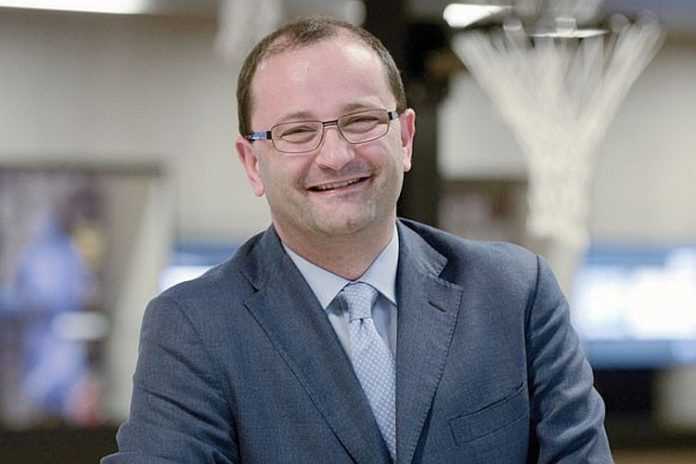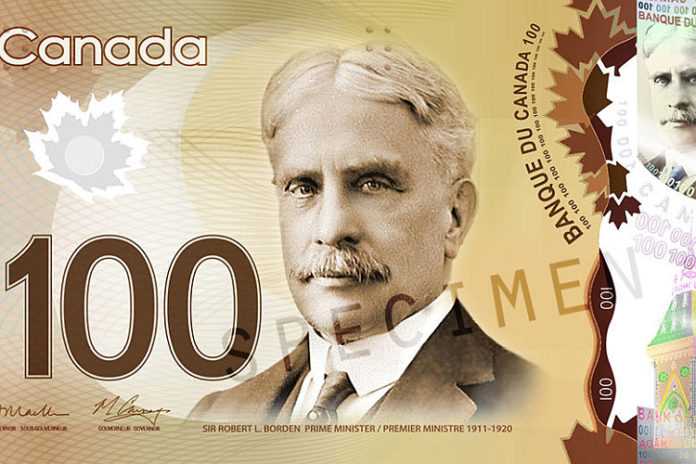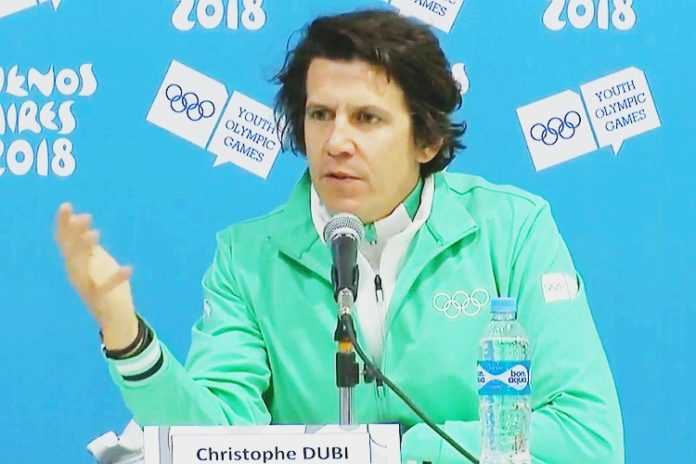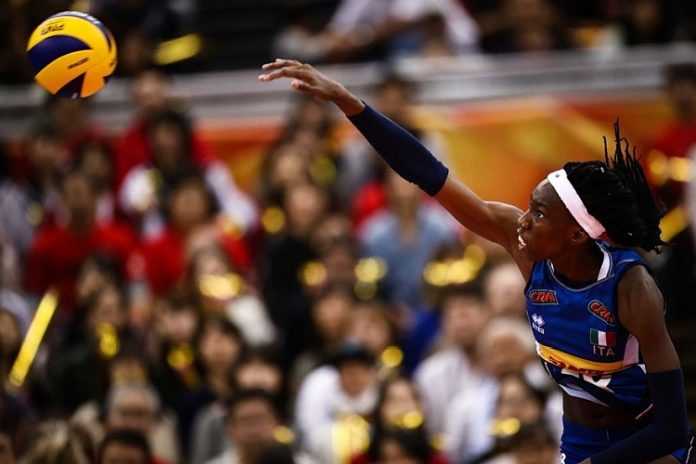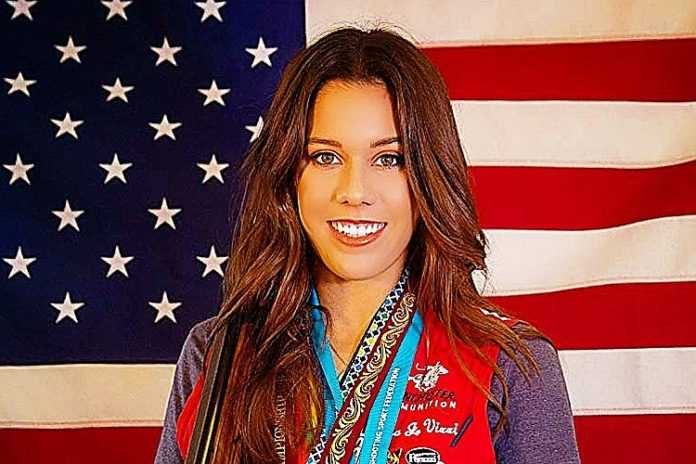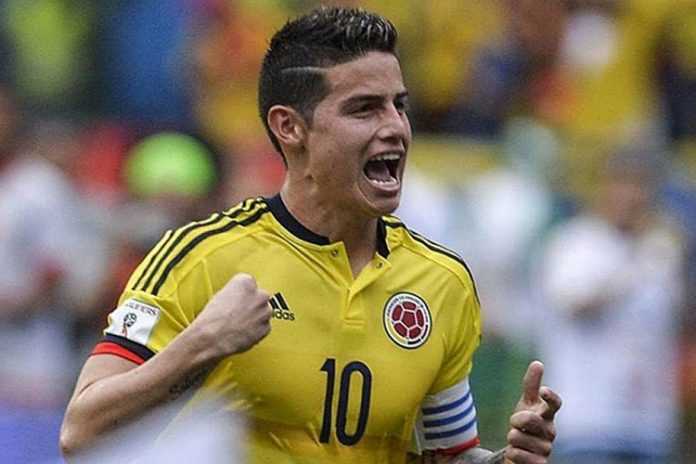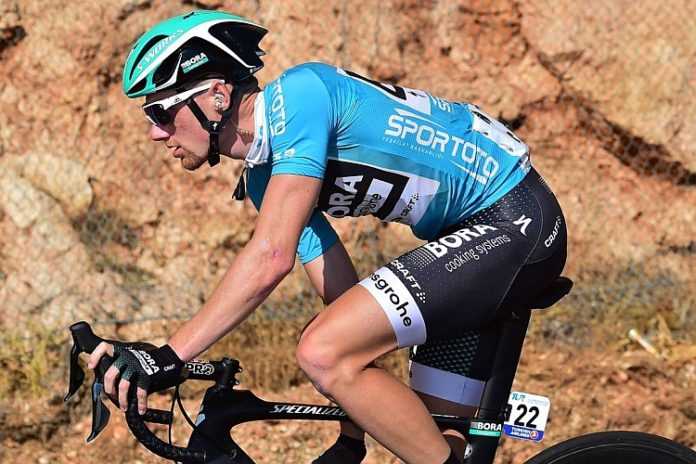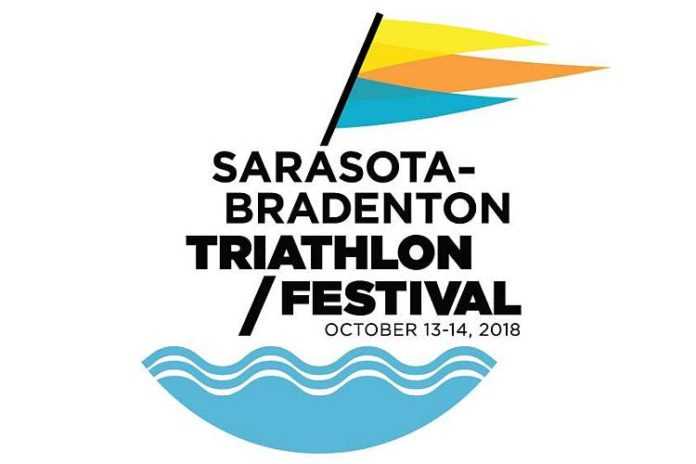The 15th edition of the combined United World Wresting World Championships – men and women together – starts Saturday at Hungary’s Papp Laszlo Budapest Sportarena with 30 weight classes to be decided in men’s Freestyle, women’s Freestyle and men’s Greco-Roman classes.
This is the first time that the expanded divisions are being used, so 10 different weight categories will be contested in all three disciplines. The schedule:
• Men’s Freestyle: 20-21-22-23 October
• Women’s Freestyle: 22-23-24-25 October
• Men’s Greco-Roman: 25-26-27-28 October
In addition to the individual bouts, team scoring is kept in each division, with the U.S., Japan and Russia defending their crowds from 2017:
• Men’s Freestyle:
1. United States, 54; 2. Russia, 53; 3. Georgia, 40.
• Women’s Freestyle:
1. Japan, 60, 2. tie, Belarus and United States, 38.
• Men’s Greco-Roman:
1. Russia, 37. 2. Turkey, 36; 3. Iran, 36.
United World Wrestling has announced four seeds for each division, based on placings in its world-ranking tournaments, a forerunner to a World Cup circuit which the UWW is expected to announce soon. These don’t mean too much since many wrestlers didn’t participate in these tournaments, but here they are, along with a better indicator: last year’s medal winners. Please note how some 2017 medal winners have moved up or down in weight classes:
Men’s Freestyle
57 kg seeds:
1. Zavur Uguev (RUS)
2. Thomas Gilman (USA)
3. Armen Arakelian (UKR)
4. Uladizslau Andreyeu (BLR)
2017 medalists:
1. Yuki Takahashi (JPN)
2. Tom Gilman (USA)
3. Andriy Yatsenko (UKR) and Erden. Bakhbayar (MGL)
61 kg seeds:
1. Abbos Rakhmonov (MGL)
2. Gadzhimurad Rashidov (RUS)
3. Beka Lomtadze (GEO)
4. Joe Colon (USA)
2017 medalists:
1. Haji Aliyev (AZE)
2. Gadzhimurad rashidov (RUS)
3. Vladimer Khinchegashvili (GEO) and Yowlys Bonne (CUB)
65 kg seeds:
1. Selahattin Kilicsallyan (TUR)
2. Ilias Bekbulatov (RUS)
3. Bajrang (IND)
4. Haji Aliyev (AZE)
2017 medalists:
1. Zurabi Iakobishvili (GEO)
2. Magomedmurad Gadzhiev (POL)
3. Alan Gogayev (RUS) and Alejandro Valdes (CUB)
70 kg seeds:
1. Andriy Kvyatkovskyy (UKR)
2. Magomed Kurbanaliev (RUS)
3. Zurabi Iakobishvili (GEO)
4. Murtazali Muslimov (AZE)
2017 Medalists:
1. Frank Chamizo (ITA)
2. James Green (USA)
3. Yuhi Fujinami (JPN) and Akzhurek Tanatarov (KAZ)
74 kg seeds:
1. Frank Chamizo (ITA)
2. Bekzod Abdurakhmanov (UAZ)
3. Daniyar Kaisanov (KAZ)
4. Akhsarbek Gulaev (SVK)
2017 medalists:
1. Jordan Burroughs (USA)
2. Khetag Tsabolov (RUS)
3. Soner Demirtas (TUR) and Ali Shabanau (BLR)
79 kg seeds:
1. Akhmed Gadzhimagomedov (RUS)
2. Jabrayil Hasanov (AZE)
3. Rashid Kurbanov (UZB)
4. Kyle Dake (USA)
2017 medalists:
None: new weight class
86 kg seeds:
1. Fatih Erdin (TUR)
2. David Taylor (USA)
3. Artur Naifonov (RUS)
4. Sandro Aminashvili (GEO)
2017 medalists:
1. Hassan Yazdani (IRI)
2. Boris Makojev (SVK)
3. Vladislav Valiev (RUS) and J’den Cox (USA)
92 kg seeds:
1. Moha. Moha.Ebrahimzivlaei (IRI)
2. Abdulrashid Sadulaev (RUS)
3. Serdar Boke (TUR)
4. Sharif Sharifov (AZE)
2017 medalists:
None: new weight class
97 kg seeds:
1. Murazi Mchedlidze (UKR)
2. Aliaksandr Hushtyn (BLR)
3. Vladislav Baitcaev (RUS)
4. Elizbar Odikadze (GEO)
2017 medalists:
1. Kyle Snyder (USA)
2. Abdulrashid Sadulaev (RUS)
3. Aslanbeck Alborov (AZE) and Georgy Ketoyev (ARM)
125 kg seeds:
1. Nick Gwiazdowski (USA)
2. Danylo Kartavyi (UKR)
3. Oleksandr Khotsianivskyi (UKR)
4. Geno Petriashvili (GEO)
2017 medalists:
1. Geno Petriashvili (GEO)
2. Taha Akgul (TUR)
3. Nick Gwiazdowski (USA) and Levan Berianidze (ARM)
The U.S. men bring seven World Championships medal winners to the defense of the team title from 2017. Burroughs won the 2012 Olympic gold at 74 kg and owns World titles from 2011-13-15-17 and Snyder has overpowered everyone at 97 kg to win the 2016 Rio title at 97 kg and has world titles from 2015-17.
Gilman won the Worlds silver in 2017 at 57 kg; Logan Stieber was World Champion in 2016 at 61 kg, but will wrestle at 65 kg; Green owns an Olympic bronze and Worlds silver from 2016 and 2017 at 70 kg; Cox won a 2017 Worlds bronze at 86 kg (he will wrestle at 92 kg) and Gwiazdowski took a Worlds bronze last year at 125 kg.
The new weight classes now make room for two wrestlers who couldn’t get past Burroughs or Snyder domestically: Dake at 79 kg and Taylor at 86 kg, both medal contenders. With the added classes, it’s possible the U.S. might be better this year than in 2017.
Women’s Freestyle
50 kg seeds:
1. Emilia Alina Vuc (ROM)
2. Mariya Stadnik (AZE)
3. Whitney Conder (USA)
4. Chun Lei (CHN)
2017 medalists:
1. Yui Susaki (JPN)
2. Alina Vuc (ROU)
3. Son-Hyang Kim (PRK) and Evin Demirhan (TUR)
53 kg seeds:
1. Sarah Ann Hildebrandt (USA)
2. Katarzyna Krawczyk (POL)
3. Nanami Irie (JPN)
4. Maria Prevolaraki (GRE)
2017 medalists:
1. Vanesa Kaladzinskaya (BLR)
2. Mayu Mukaida (JPN)
3. Maria Prevolaraki (GRE) and Roksana Zasina (POL)
55 kg seeds:
1. Roksana Zasina (POL)
2. Bediha Gun (TUR)
3. Davaachimeg Erkhembayar (MGL)
4. Hyemin Oh (KOR)
2017 medalists:
1. Haruna Okuno (JPN)
2. Odunayo Adekuoroye (NGR)
3. Becka Leathers (USA) and Iryna Kurachkina (BLR)
57 kg seeds:
1. Irina Ologonova (RUS)
2. Bilyana Zhivkova Dudova (BUL)
3. Ningning Rong (CHN)
4. Grace Jacob Bullen (NOR)
2017 medalists (at 58 kg):
1. Helen Maroulis (USA)
2. Marwa Amri (TUN)
3. Michelle Fazzari (CAN) and Aisuluu Tynybekova (KGZ)
59 kg seeds:
1. Svetlana Lipatova (RUS)
2. Elif Jale Yesilirmak (TUR)
3. Shoovdor Baatarjav (MGL)
4. Yuzuru Kumano (JPN)
2017 medalists (at 60 kg):
1. Risako Kawai (JPN)
2. Alli Ragan (USA)
3. Anastasija Grigorjeva (LAT) and Johanna Mattsson (SWE)
62 kg seeds:
1. Yuliia Tkach Ostapchuk (UKR)
2. Kayla Miracle (USA)
3. Lais Nunes de Oliveira (BRA)
4. Orkhon Purevdorj (MGL)
2017 medalists (at 63 kg):
1. Purevdorjiin Orkhon (MGL)
2. Yuliya Tkach (UKR)
3. Valeria Lazinskaya (RUS) and Jackeline Renteria (COL)
65 kg seeds:
1. Petra Olli (FIN)
2. Forrest Molinari (USA)
3. Henna Katarina Johansson (SWE)
4. Adela Hanzlickova (CZE)
2017 medalists:
None: new weight class.
68 kg seeds:
1. Alla Cherkasova (UKR)
2. Tamyra Mensah (USA)
3. Laura Skujina (LAT)
4. Tumentsetseg Sharkhuu (MGL)
2017 medalists (from 69 kg):
1. Sara Dosho (JPN)
2. Aline Focken (GER)
3. Koumba Larroque (FRA) and Yue Han (CHN)
72 kg seeds:
1. Alexandra Anghel (ROM)
2. Anna Jenny Fransson (SWE)
3. Tatiana Kolesnikova Morozova (RUS)
4. Agnieszka Wieszczek-Kordus (POL)
2017 medalists:
None: new weight class.
76 kg seeds:
1. Yasemin Adar (TUR)
2. Adeline Gray (USA)
3. Erica Wiebe (CAN)
4. Vasilisa Marzaliuk (BLR)
2017 medalists (from 75 kg):
1. Yasemin Adar (TUR)
2. Vasilisa Marzaliuk (BLR)
3. Hiroe Suzuki (JPN) and Justina di Stasio (CAN)
The women’s Freestyle squad is headlined by the incomparable Maroulis, the 2016 Olympic gold medalist and World Champion in 2015-17, and Gray, seeking her fourth world title after winning in 2012-14-15. Six U.S. women are seeded, not including Maroulis, who was recovering from injuries earlier in the year.
Can the U.S. challenge Japan for the women’s team title? The Japanese have won six straight women’s title in full-championships years, including 2010-11-13-14-15-17. No one has been especially close, but U.S. coach Terry Steiner sees the potential.
“We are there,” he said. “We just have to perform. Last year, as a second-place team, I don’t think we had a great performance. Who’s going to step up and perform on the days of the World Championships? We have a team right now that is capable of that. But we are going to have to do it. We have to get in there and do the things we need to do to be successful. We need to get to the World Championships and let it fly.”
Men’s Greco-Roman
55 kg seeds:
1. Ekrem Ozturk (TUR)
2. Khorlan Zhakansha (KAZ)
3. Shota Tanokura (JPN)
4. Abdelkarim Fergat (ALG)
2017 medalists:
None: new weight class
60 kg seeds:
1. Kanybek Zholchubekov (KGZ)
2. Luis Alberto Orta Sanchez (CUB)
3. Aidos Sultangali (KAZ)
4. Sergey Emelin (RUS)
2017 medalists (from 59 kg):
1. Kenichiro Fumita (JPN)
2. Mirambek Ainagulov (KAZ)
3. Stepan Maryanyan (RUS) and Seung-Hak Kim (KOR)
63 kg seeds:
1. Urmatbek Amatov (KGZ)
2. Hassan Hassan Ahmed Mohamed (EGY)
3. Kaly Suliamanov (KGZ)
4. Mihai Radu Mihut (ROM)
2017 medalists:
None: new weight class
67 kg seeds:
1. Almat Kebispayev (KAZ)
2. Ismael Borrero Molina (CUB)
3. Tsuchika Shimoyamada (JPN)
4. Murat Firat (TUR)
2017 medalists (from 66 kg):
1. Han-Su Ryu (KOR)
2. Mateusz Bernatek (POL)
3. Artem Surkov (RUS) and Atakan Yuksei (TUR)
72 kg seeds:
1. Balint Korpasi (HUN)
2. Demeu Zhadrayev (KAZ)
3. Adam Kurak (RUS)
4. Rasul Chunayev (AZE)
2017 medalists (from 71 kg):
1. Frank Staebler (GER)
2. Demeu Zhadrayev (KAZ)
3. Balint Korpasi (HUN) and Mohammad Ali Geraei (IRI)
77 kg seeds:
1. Kazbek Kilou (BLR)
2. Mohammadali Abdolhamid Geraei (IRI)
3. Ariel Fis Batista (CUB)
4. Roman Vlasov (RUS)
2017 medalists (from 75 kg):
1. Viktor Nemes (SRB)
2. Tamas Lorincz (HUN)
3. Fatih Cengiz (TUR) and Saeid Abdevali (IRI)
82 kg seeds:
1. Daniel Tihomirov Aleksandrov (BUL)
2. Atabek Azisbekov (KGZ)
3. Viktar Sasunouski (BLR)
4. Emrah Kus (TUR)
2017 medalists (from 80 kg):
1. Maksim Manukyan (ARM)
2. Radzik Kuliyeu (BLR)
3. Pascal Eisele (GER) and Elvin Musaliyev (AZE)
87 kg seeds:
1. Islam Abbasov (AZE)
2. Khussein Mutsolgov (KAZ)
3. Masato Sumi (JPN)
4. Roberti Kobliashvili (GEO)
2017 medalists (from 85 kg):
1. Metehan Basar (TUR)
2. Denis Kudla (GER)
3. Hossein Nouri (IRI) and Robert Nadareishvili (GEO)
97 kg seeds:
1. Balazs Kiss (HUN)
2. Orkhan Nuriyev (AZE)
3. Cenk Ildem (TUR)
4. Luillys Jose Perez Mora (VEN)
2017 medalists (from 98 kg):
1. Artur Aleksanyan (ARM)
2. Musa Evloev (RUS)
3. Revaz Nadareishvii (GEO) and Balazs Kiss (HUN)
130 kg seeds:
1. Riza Kayaalp (TUR)
2. Balint Lam (HUN)
3. Alin Alexuc Ciurariu (ROM)
4. Oscar Pino Hinds (CUB)
2017 medalists:
1. Riza Kayaaip (TUR)
2. Heiki Nabi (EST)
3. Oscar Pino (CUB) and Yasmani Acosta (CHI)
The U.S. has not been a significant factor in Greco-Roman for some time and will be showcasing many younger wrestlers. Half the squad will be in their first UWW Worlds: Dalton Roberts at 60 kg, RaVaughn Perkins at 72 kg, Kamal Bey at 77 kg, Geordan Speiller at 82 kg and Adam Coon at 130 kg. The most experienced members are Ellis Coleman at 67 kg (2012 Olympian), Jesse Thielke at 63 kg (2016 Olympian) and Sam Hazewinkel at 55 kg (2012 Olympian in Freestyle).
In all, the American squad of 30 includes 19 with prior Worlds experience and 11 who are new to the competition.
This is the seventh time that Hungary has hosted the Worlds, previously in 1958 and 1986 for Greco-Roman, 1985 and 1986 for men’s Freestyle and in 2005 and 2013 for the combined Worlds.
NBC’s Olympic Channel has coverage schedule daily of the UWW Worlds; look for results here.





















